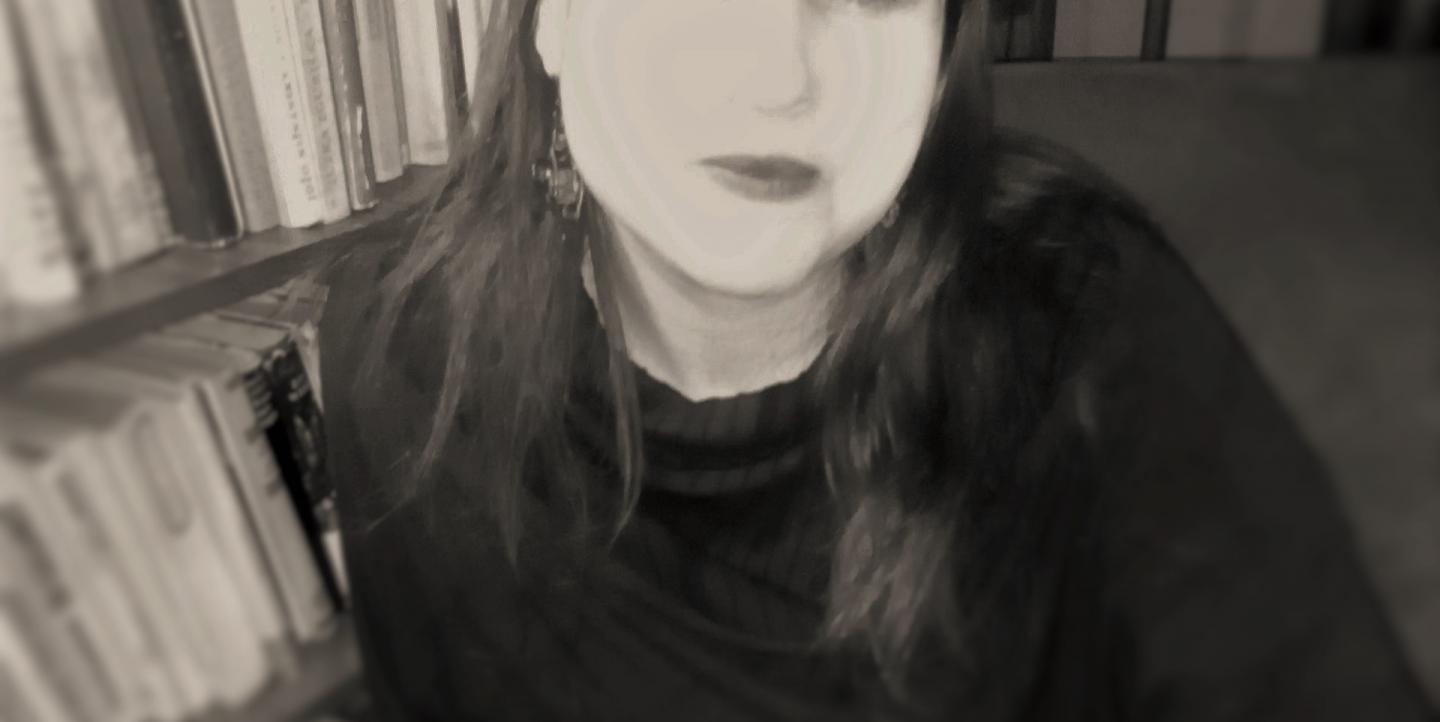Whether working as a freelance journalist or as an advocate for victims of gender-based and domestic violence, Sara Cincurova has focused on human rights for much of her career.
At age 26, the Slovakian journalist’s byline has appeared on sites like The Huffington Post, VoxEurop, Women's WorldWide Web and openDemocracy. Her work has brought her to countries like the UK, France, Ukraine, Georgia, Burkina Faso and Indonesia, interviewing everyone from refugees at the “Jungle” refugee camp in Calais, France, to a Holocaust survivor.
In September, Cincurova attended the M100 Young European Journalists Workshop in Potsdam, Germany, after discovering the opportunity on IJNet. Currently, Cincurova is preparing to screen a documentary film she made about refugees around the globe in Paris.
“I wanted to film their stories because I believe in the power of documentary film,” she said of the project. “There’s a lot of racism in Slovakia, as well as in other countries, and I wanted to fight against that by showing what exile was really like. After seeing the film, two viewers told me that they have applied to volunteer in conflict-torn countries to help refugees and internally displaced persons. This is what film can do: It can contribute to positive social change.”
We spoke with her about her most noteworthy projects, finding the intersection between journalism and human rights and more:
IJNet: How did you get started as a journalist?
Cincurova: I have always been interested in human rights. I spent a year in Africa and in Asia, then I worked for a charity supporting women and children victims of domestic violence. I first started blogging in my home country, Slovakia. I remember that my first blog post about domestic violence had more than 10,000 entries within the first two days, and I also received a lot of emails from readers. So I started writing regularly for different media outlets, and that’s how it all started for me.
How has your work in advocating for victims of gender-based violence influenced the way you work as a journalist?
I think that trauma and abuse are always very difficult and intricate topics to report on. I have interviewed many experts on violence, and I try to use the skills that I have acquired whenever I’m interviewing victims of abuse, conflict, displacement, etc. I try to cover their stories as accurately and sensitively as possible. I also think that empathy is very important. Another thing is that I also try to focus on resistance and resilience, not just violence and victimhood.
What's your favorite story you've worked on so far? What was challenging about it? How did you overcome those challenges?
Right now, I am working on an incredibly interesting article about Slovakians that hid Jewish families in their homes during World War II. I think it’s very important to share their stories today; they are a great inspiration for human rights defenders worldwide. Also, it’s very interesting to ask where their courage, kindness and motivation came from; many of them have risked their lives just to save another human being. To me, this project has been life-changing and changed the way I see human rights and resistance. I also think it’s important to share these stories today, in the current context.
Tell us about the M100 Young European Journalists Workshop you attended this year. What was the experience like?
I am very grateful for this experience. Not only was I able to attend the M100 Workshop funded by the Federal Foreign Office, but I also covered the M100 Sanssouci Colloquium in Potsdam. I really enjoyed learning about research and fact-checking techniques. I think it is a very important aspect of journalistic work.
I also met fellow journalists from Europe and the Eastern Partnership, as well as the lovely team of organizers from Germany. It was a great experience and I really enjoyed exchanging with them.
What advice would you offer to fellow journalists?
For me, the most important aspect of my work is that I have always pursued projects that I was truly passionate about. I think that’s why many of them have worked: the passion for a certain topic is the best motivation for any project.
This interview has been edited and condensed for clarity.
Main image courtesy of Sara Cincurova.

